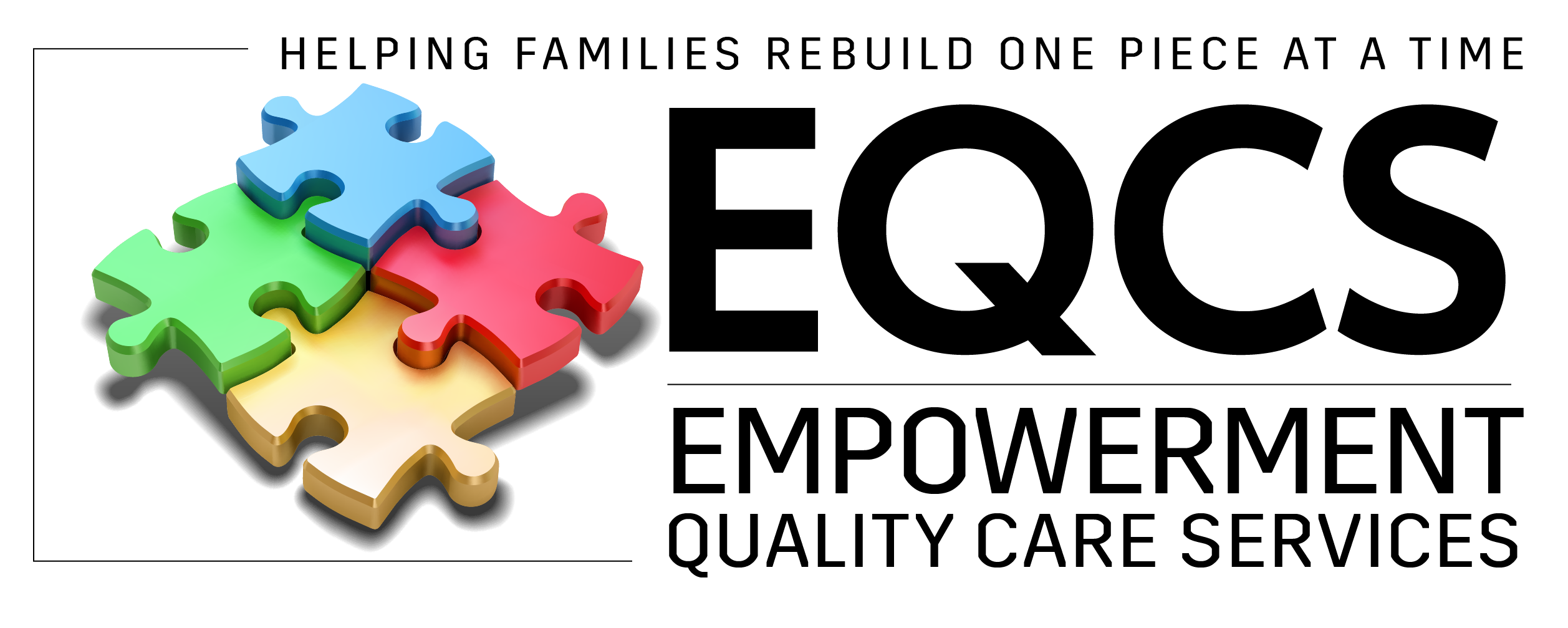
EQCS empowers Certified Peer Support coaches with lived experience to assist our members with mental illness and/or substance use disorder. Our Certified Peer Support specialists have completed at least 40 hours of intensive Peer Support training. They offer insight as they help our members in recovery build self-advocacy skills and learn to better manage their mental health and substance use disorder. This can include in home, hospital emergency rooms, inpatient programs, health departments, licensed behavior health centers and within our own facilities.
Peer Support Services (PSS) are an evidenced-based mental health model of care that provides community-based recovery services directly to a Medicaid-eligible adult Member diagnosed with a mental health or substance use disorder. PSS provides structured, scheduled services that promote recovery, self-determination, self-advocacy, engagement in self-care and wellness and enhancement of community living skills of beneficiaries. PSS services are directly provided by Certified Peer Support Specialists (CPSS) who have self-identified as a person(s) in recovery from a mental health or substance use disorder. PSS can be provided in combination with other approved mental health or substance use services or as an independent service. Due to the high prevalence of Members with co-occurring disorders (mental health, substance use or physical health disorders) it is a priority that integrated treatment be available to these beneficiaries. PSS are based on the belief that beneficiaries diagnosed with serious mental health or substance use disorders can and do recover. The focus of the services is on the person, rather than the identified mental health or substance use disorder and emphasizes the acquisition, development, and expansion of rehabilitative skills needed to move forward in recovery. The services promote skills for coping with and managing symptoms while utilizing natural resources and the preservation and enhancement of community living skills. Peer Support Services (PSS) are provided one-on-one to the Member or in a group setting. Providing one-on-one support builds on the relationship of mutuality between the Member and CPSS; supports the Member in accomplishing self-identified goals; and may further support the Member’s engagement in treatment. Peer Support Services provided in a group setting allow the Member the opportunity to engage in structured services with others that share similar recovery challenges or interest; improve or develop recovery skills; and explore community resources to assist the Member in his or her recovery. PSS are based on the Member’s needs and coordinated within the context of the Member’s Person-Centered Plan.
Service Provision
a. Peer mentoring or coaching (one-on-one) – to encourage, motivate, and support Member moving forward in recovery. Assist Member with setting self-identified recovery goals, developing recovery action plans, and solving problems directly related to recovery, such as finding housing, developing natural support system, finding new uses of spare time, and improving job skills. Assist with issues that arise in connection with collateral problems such as legal issues or co-existing physical or mental challenges.
b. Recovery resource connecting – connecting a Member to professional and nonprofessional services and resources available in the community that can assist a Member in meeting recovery goals.
c. Skill Building Recovery groups – structured skill development groups that focus on job skills, budgeting and managing credit, relapse prevention, and conflict resolution skills and support recovery.
d. Building community – assist a Member in enhancing his or her social networks that promote and help sustain mental health and substance use disorder recovery. Organization of recovery-oriented services that provide a sense of acceptance and belonging to the community, promote learning of social skills and the opportunity to practice newly learned skills.
